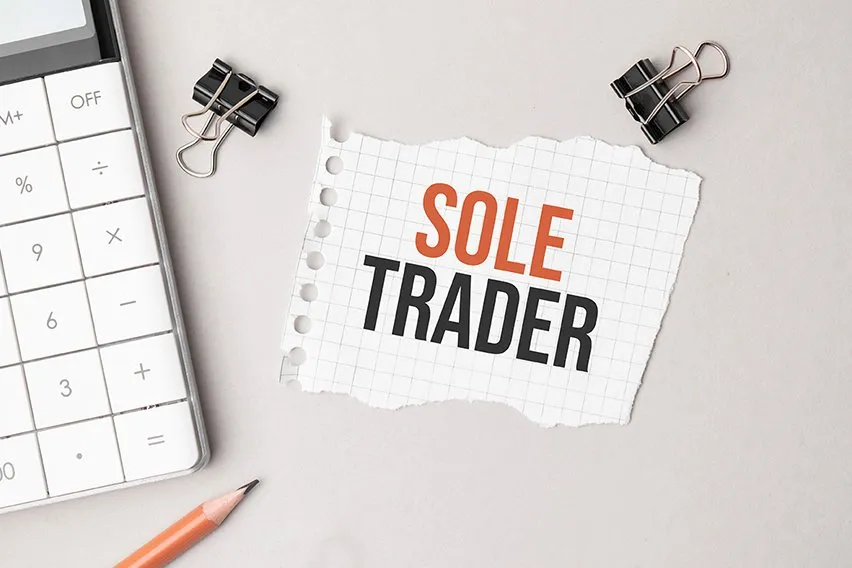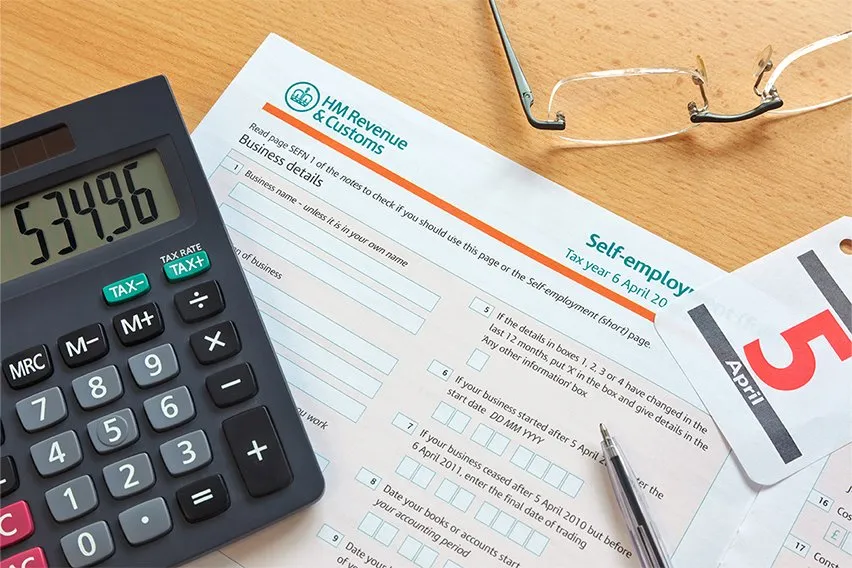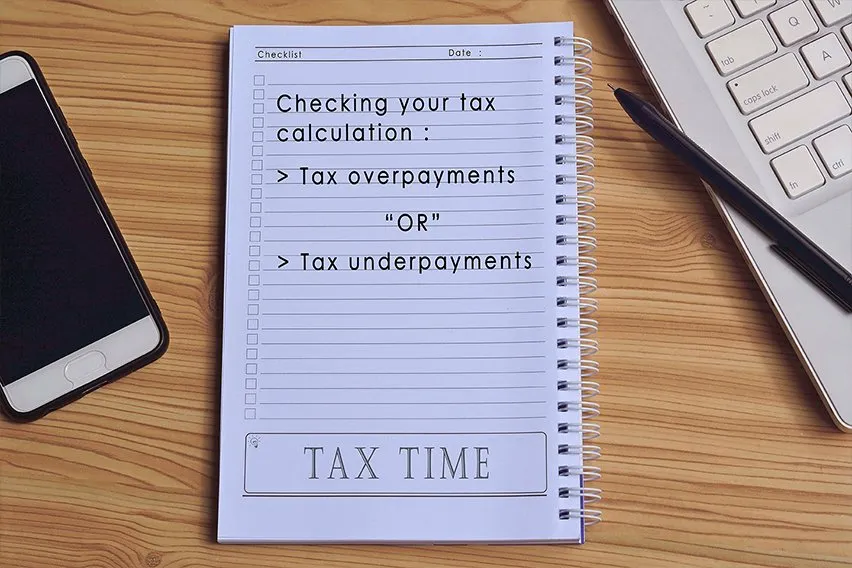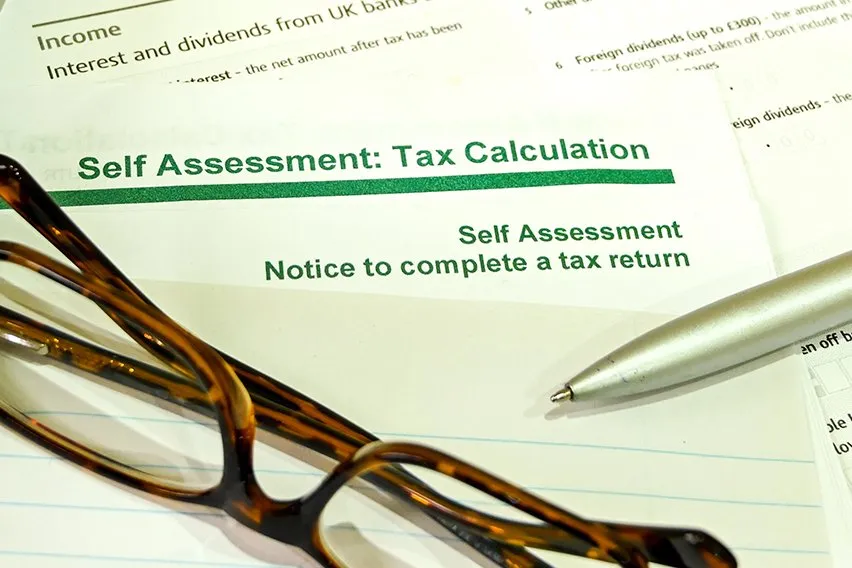Are Charitable Donations Tax Deductible For Sole Traders?

HMRC has different ways to give tax relief on charitable donations. Sole traders, partnerships and limited companies all have their own rules.
It’s important for you and the charity that you understand the rules that apply to your business structure – to make sure no one’s missing out.
Here’s What We’ll Cover:
How Do Sole Traders and Business Partnerships Donate to Charity?
How Much Is This Charity Tax Relief Worth?
How Do Limited Companies Donate to Charity?
How Do Sole Traders and Business Partnerships Donate to Charity?
Sole traders and business partnerships can’t claim a charitable donation as a tax deductible business expense. You can give money from your business bank account, but it must be recorded as ‘personal drawings’ or a ‘non-business’ transaction.
This is seen by HMRC as an individual donation, which is tax free. Either the charity, or you as the donator, receive the tax relief.
There are restrictions to how you give. The charity or community amateur sports club (CASC) must be registered.

You have a choice of 4 ways to donate:
- Gift Aid: A government scheme that allows a charity to claim the tax paid on donation. This works out to be an extra 25p for every £1 you donate. You must complete a Gift Aid Declaration form when you donate.
- Payroll Giving Scheme: Donate straight from your salary, through PAYE, before income tax is deducted. This is only for donations to charities, not CASCs.
- Land, property and shares: You can donate land, property or shares to charity (but not CASCs) without having to pay any tax. This can be either income tax or capital gains tax relief. You can even sell them on the charity’s behalf and keep the tax relief, as long as you have a robust evidence trail.
- As part of your will: You can leave items, property and money to charity in your will. If you leave 10% or more of your assets to charity, then your rate of Inheritance Tax will be reduced. Or, these donations may be taken off before Inheritance Tax is worked out, lowering the overall bill.
How Much Is This Charity Tax Relief Worth?
If you’re a basic rate taxpayer and use Gift Aid, the charity gets the tax relief from your donation from the government. Because it’s considered in the same way as an individual’s donation.
If you’re a higher rate or additional rate taxpayer in England or Wales, you can claim the extra 20% or 25% tax relief. You can direct HMRC to change your tax code, so you get this tax relief by paying less tax. Or you can declare it on your Self-Assessment tax return.
Example 1
- Basic rate (20%) taxpayer donates £100, using Gift Aid
- Government donates the 20% extra tax relief = £25
- Charity gets £125
Example 2
- Higher rate (40%) taxpayer donates £100, using Gift Aid
- Government donates 20% tax relief = £25
- You claim the difference, to make it up to the full 40% tax paid = £125×20% = £20
- Charity gets £125 (20%)
- You get £25 (20%)
It’s worth noting that the tax relief you get is tied to the rate of tax you pay. And this varies between the 4 different countries of the UK.
England, Wales and Northern Ireland have 3 tax bands; basic, higher and additional. Scotland has 5. So if you donate £10 through Payroll Giving in England, Wales or Northern Ireland, you pay:
- £8.00 as a basic rate taxpayer
- £6.00 as a higher rate taxpayer
- £5.50 as an additional rate taxpayer
In Scotland, if you donate £10 through Payroll Giving:
- Starter rate taxpayer pays £8.10
- Basic rate taxpayer pays £8.00
- Intermediate taxpayer pays £7.90
- Higher rate taxpayer pays £5.90
- Top rate taxpayer pays £5.40
No matter where you are, as a sole trader donating to a charity, you’re making a meaningful difference however you do it.
How Do Limited Companies Donate to Charity?
Limited companies can include charitable donations as allowable expenses. This means that they’re part of the calculation to work out your taxable profit and reduce your Corporation Tax bill accordingly.
But donations can only reduce profit. If you’re making a loss, you can’t include them in your allowable expenses. And you can’t use a charitable donation to take you into a loss-making position.

Doesn’t Have to Be Money!
As a limited company, you can also claim tax relief on other things you donate to charity, such as:
- Employees: If you send employees to work for a charity and still pay their wages through PAYE. This is known as secondment and is a great way for charities to benefit from your staffs’ expertise.
- Sponsorship: This isn’t the same as a donation because it’s a mutually beneficial exchange. You need to make sure the sponsorship payments qualify as a business expense. For example, the charity allows links from their website to yours.
- Equipment: You can claim full Capital Allowances on any equipment you donate that’s been used by your business.
- Property, land or shares in another company: Donating any of these items means that you don’t pay capital gains tax and you can deduct the market value of them from your business profits before you make your tax calculation.
Record Keeping Is Crucial
However you decide to donate and whatever business structure you have, it’s absolutely essential that you keep the necessary records. Otherwise you’re not fulfilling HMRC’s rules, and you can end up with a larger than expected tax bill. Your FreshBooks account keeps everything in order, so you just have to enter the information and it’s all there when you need it. And we’ve collected a whole load of useful information together for our sole trader clients to help you keep your taxes straight.
RELATED ARTICLES

 What Tax Relief Can I Claim as a Sole Trader?
What Tax Relief Can I Claim as a Sole Trader? Do Sole Traders Pay Corporation Tax?
Do Sole Traders Pay Corporation Tax? Online VAT Calculator: 5 Best VAT Calculators for the UK (Free)
Online VAT Calculator: 5 Best VAT Calculators for the UK (Free) When Is a Self Assessment Tax Return Required?
When Is a Self Assessment Tax Return Required? Does HMRC Check All Self-Assessments?
Does HMRC Check All Self-Assessments? Self Assessment Tax Return Deadline
Self Assessment Tax Return Deadline